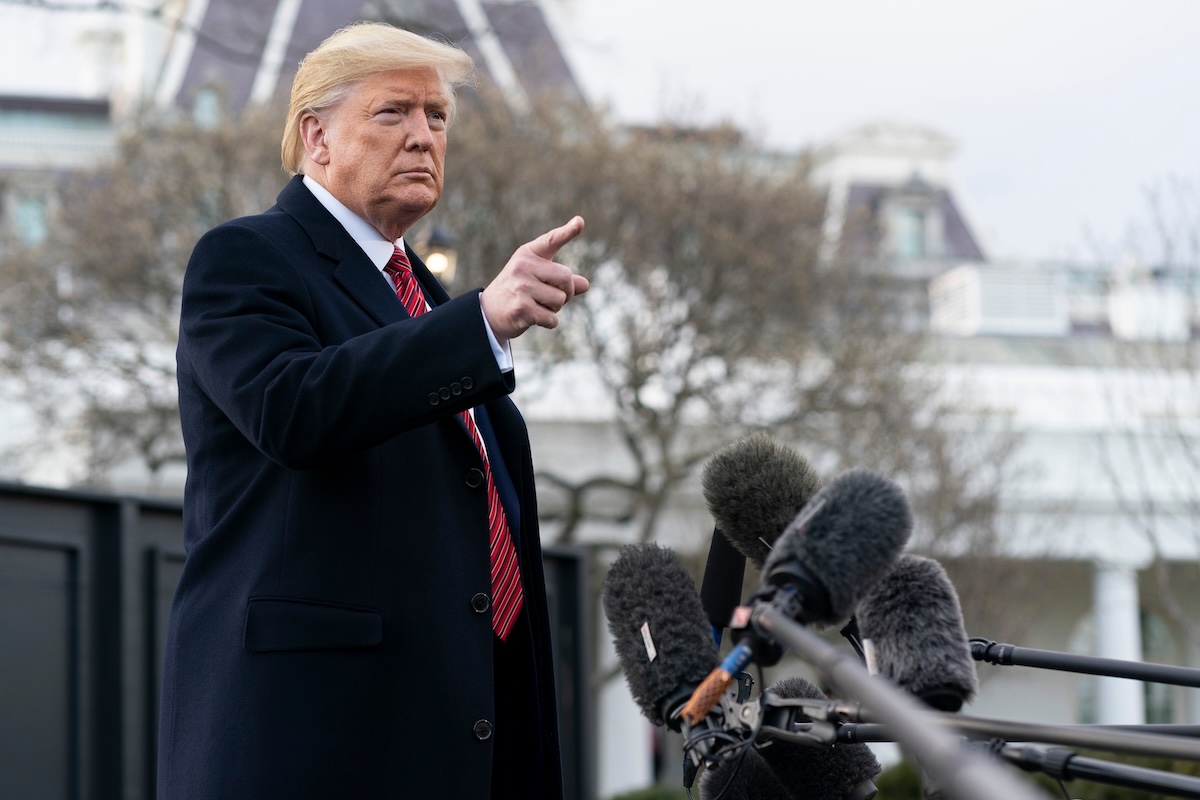
President Trump successfully soothed the markets in early April by suspending the sweeping “Liberation Day” tariffs just before they were set to take effect.
But since then, headlines about delayed tariffs have lost their impact. The bond market, once reassured by trade-deal optimism, is no longer flinching, and that may spell trouble for U.S. debt.
Last week, Trump said his threatened 50% tariffs on European Union imports would be postponed until July 9 to allow more time for negotiation. In response, the 10-year Treasury yield climbed back above 4.5% and kept rising.
“It’s like clockwork: President Trump delays 50% EU tariffs until July 9. Then, the 10Y Note Yield instantly rises back above 4.55%,” wrote The Kobeissi Letter, a widely investment newsletter.
“Trade deals are no longer containing the bond market.”
It's like clockwork:
undefined The Kobeissi Letter (@KobeissiLetter) May 25, 2025
President Trump delays 50% EU tariffs until July 9th.
Then, the 10Y Note Yield instantly rises back above 4.55%.
Trade deals are no longer containing the bond market. pic.twitter.com/GvOYFcd0xU
Instead, bondholders seem to be growing more anxious about the bigger picture, particularly the rising federal debt and the Trump administration’s aggressive use of tariffs as a negotiating tool.
Some analysts say the 10-year yield is inching toward 5%, a breaking point that would push up borrowing costs enough to strain the consumer-driven economy.
Trump’s “Big, Beautiful Bill” at fault
At the core of the bond revolt is President Trump’s so-called “Big Beautiful Bill”.
It’s a sweeping tax and spending proposal that includes deep cuts and generous tax breaks. Trump has spun it as a long-term savings plan, claiming the bill will save trillions over the next decade.
But economists (and apparently, bondholders) strongly disagree.
As Investors Observer reported, the Congressional Budget Office estimates the legislation would add $3.8 trillion to the national debt over the next 10 years.
Economist Justin Wolfers went as far as to call the bill “the largest redistribution from poor to rich in American history,” pointing out that it includes tax cuts for high earners while scaling back social programs.
Shai Akabas, director of economic policy at the Bipartisan Policy Center, said markets are increasingly alarmed by Washington’s “unsustainable fiscal situation.”
This collective investor unease, as he warned in a recent Yahoo Finance interview, means that America will have to potentially face the burden of “higher interest rates to service our debts.”
If the bill passes the Senate and becomes law, Akabas said, yields could climb even higher.
WisdomTree’s CIO Jeremy Schwartz seconds Akabas, summing up that markets are being driven by two key risks: tariffs and spending. He warned of an “interest rate blowout” if deficits continue to grow unchecked.
Your email address will not be published. Required fields are markedmarked